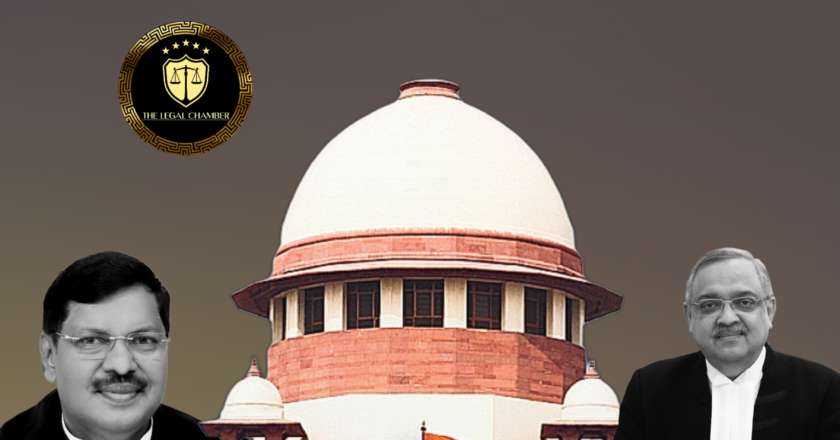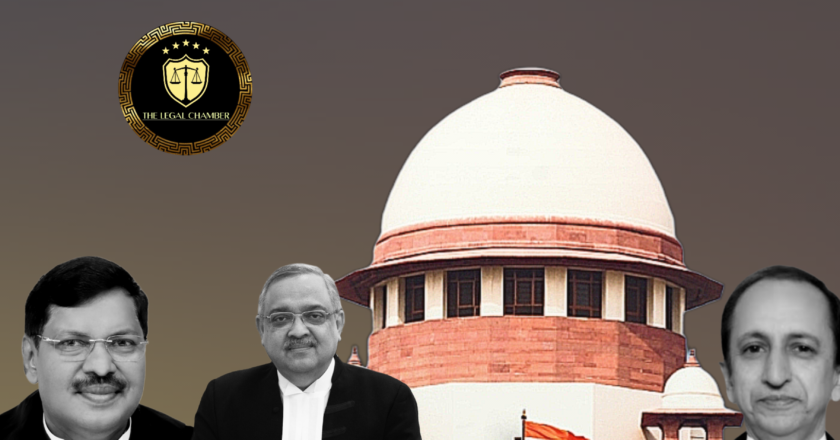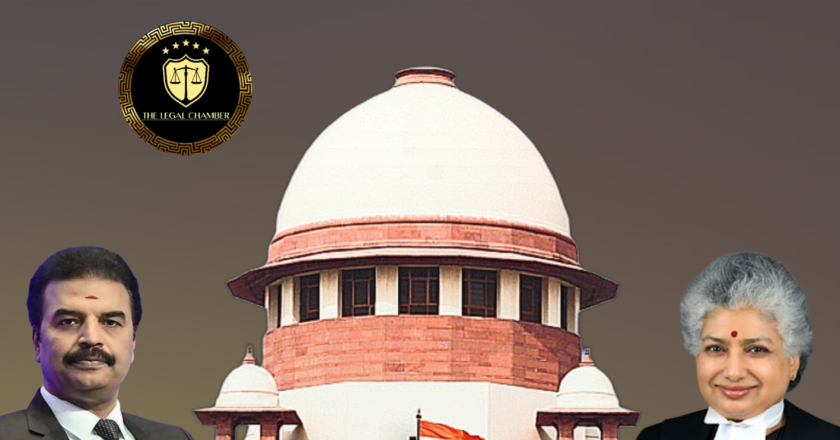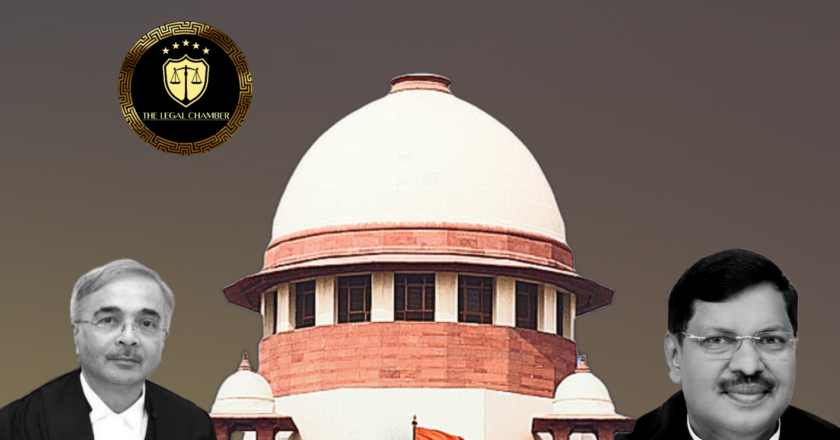Supreme Court Allows Voice Sample Collection, Says It’s Similar to Fingerprints or Handwriting
The Supreme Court held that a Judicial Magistrate is empowered to direct any person, including a witness, to provide a voice sample for investigation. Relying on the principle in Kathi Kalu Oghad and Ritesh Sinha, the Court ruled that such sampling does not constitute testimonial compulsion and does not violate the right against self-incrimination under Article 20(3) of the Constitution.
Facts Of The Case:
The case arose from the death of a 25-year-old married woman in February 2021, leading to allegations of harassment by her in-laws and counter-allegations of misappropriation of cash and jewellery by her parents. During the investigation, it was alleged that the 2nd respondent acted as an agent for the deceased's father and threatened a witness privy to an extortion demand. The Investi...









